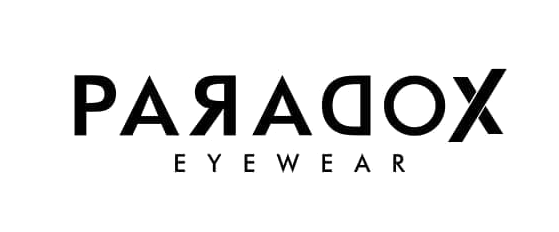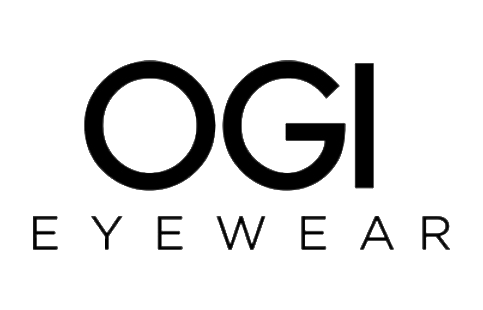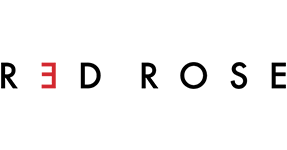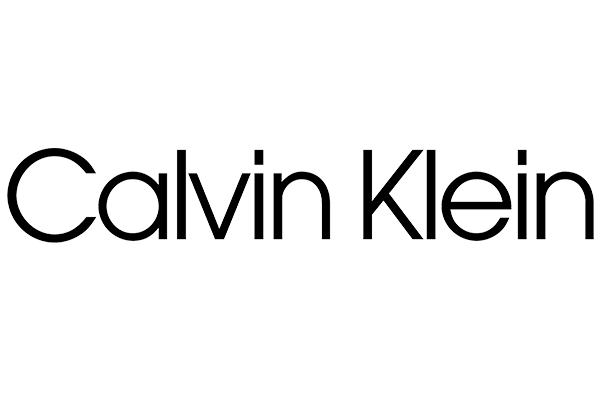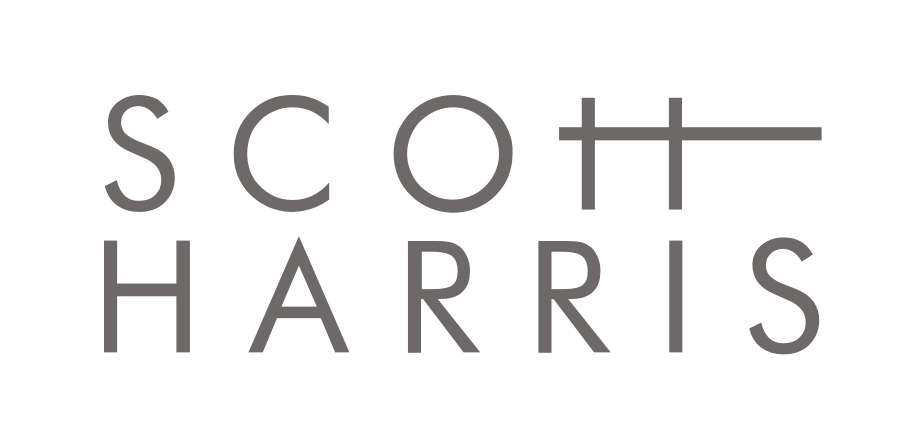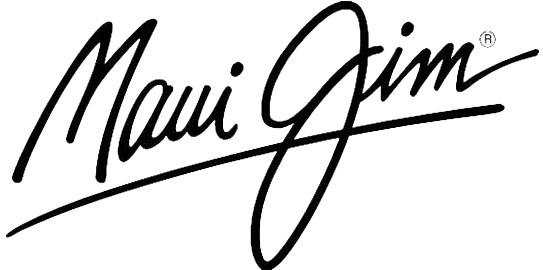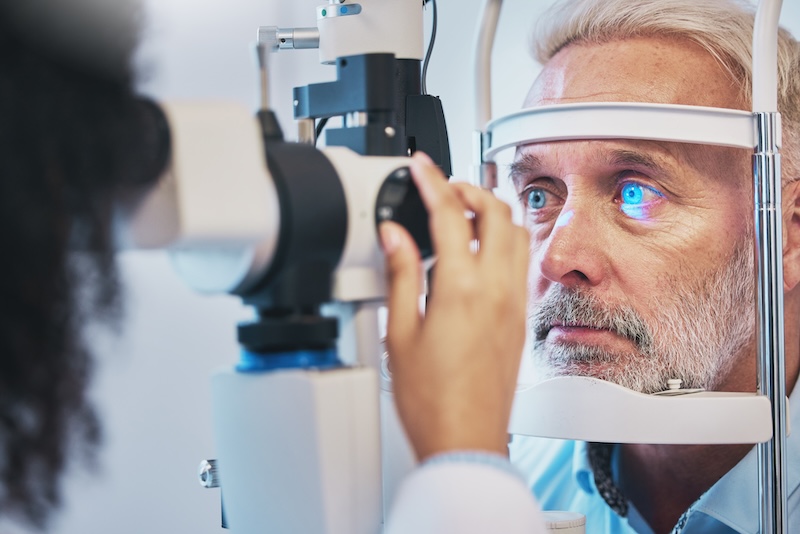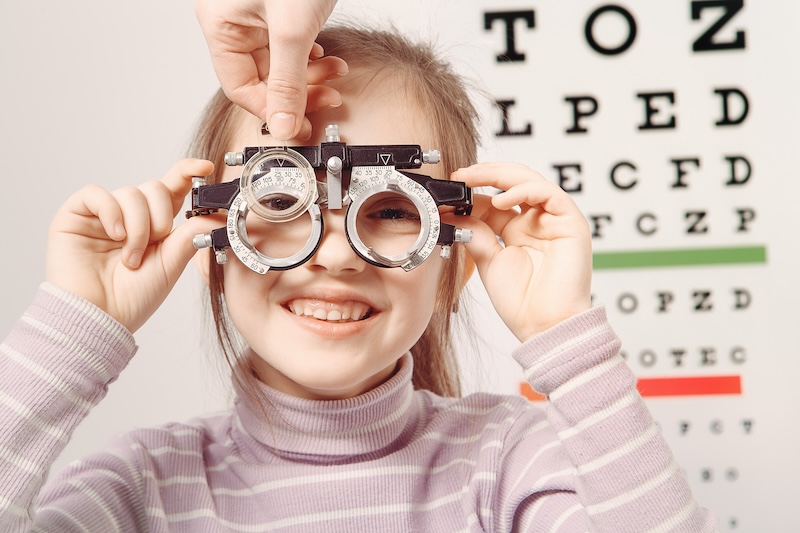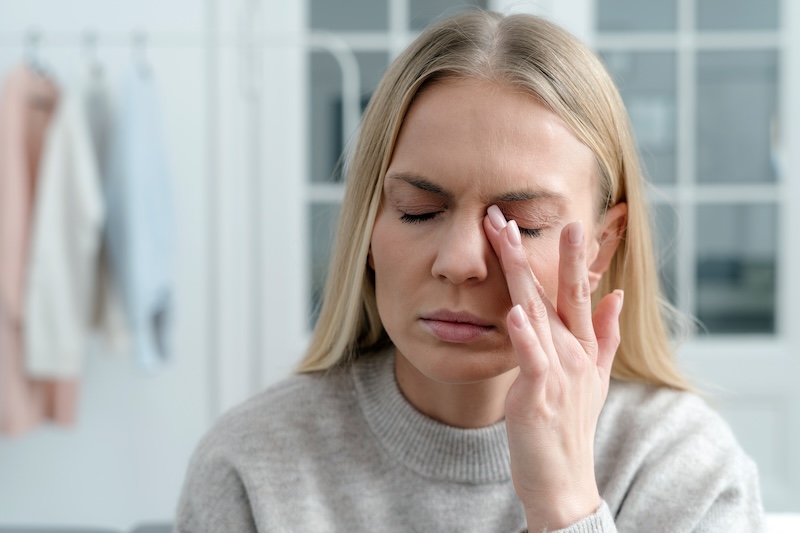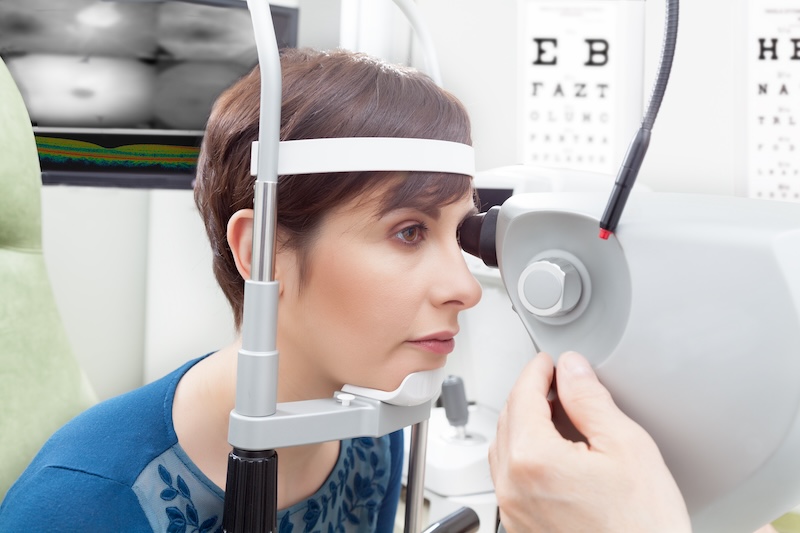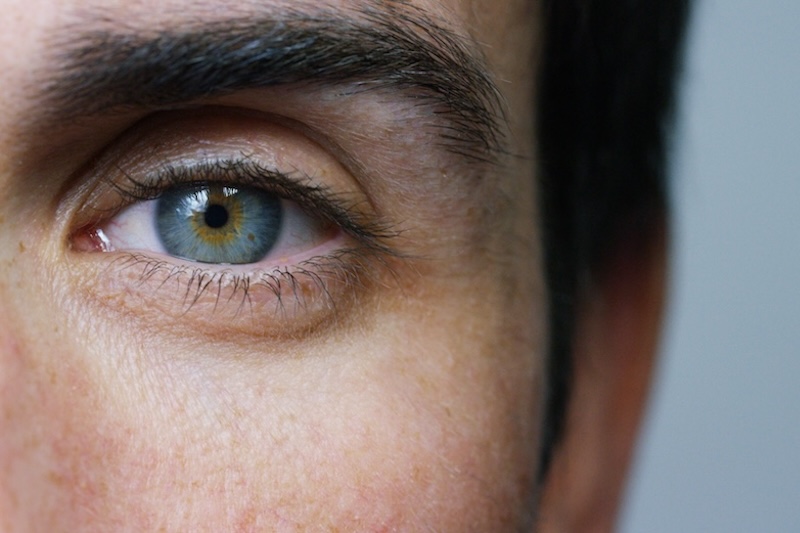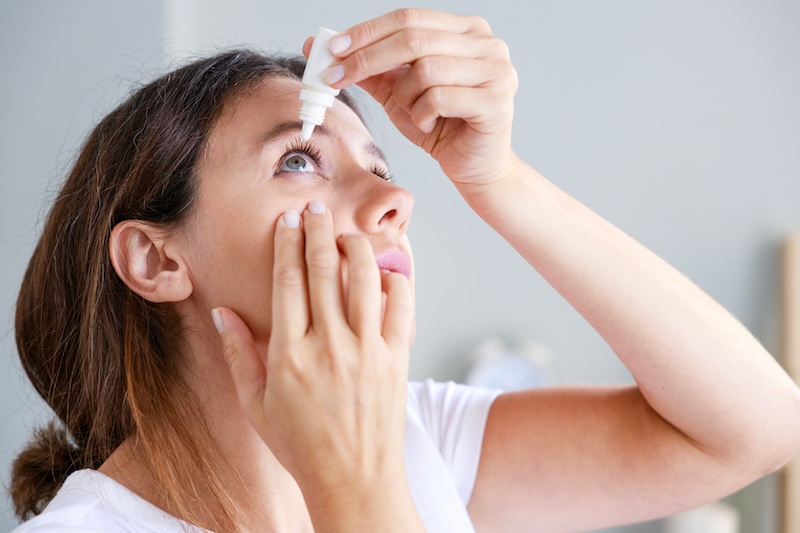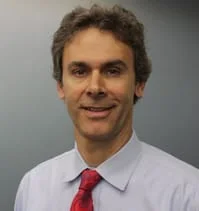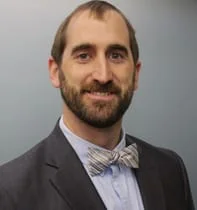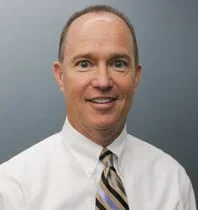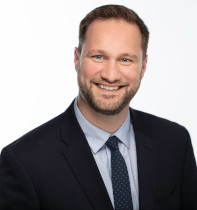We’ve been serving the Overland Park and Gardner community’s vision needs at Drs.’ Hawks, Besler, Rogers, and Stoppel, Optometrists, since 1974. As your trusted eye doctor, we combine decades of experience with the latest optometry technology to provide comprehensive eye care for your entire family. Our commitment to personalized attention and professional excellence ensures that every patient receives the highest standard of care in a warm, welcoming environment.

Mission Statement
We are a professional team striving for excellence by providing you, our patient, a level of eye care beyond your expectations through education about vision, eye health and the options available, to enhance your quality of life.

Patient Experience Statement
Our success depends on being the trusted source of complete eye care for our patients, achieved by utilizing state-of-the-art equipment, employing the most current and effective treatments and offering quality products at a competitive price by a highly trained, friendly staff.
Our goal is to provide top quality, life-long care for our patients, ensuring they see better…live better.
Importance Of Complete Comprehensive Eye Examination
Your vision deserves the highest level of care from an experienced optometrist. We perform thorough comprehensive eye examinations that go beyond basic vision testing to evaluate your total eye health. At Dr’s Hawks, Besler, Rogers and Stoppel Optometrists, our advanced diagnostic techniques help identify potential issues early, protecting your eyesight for years to come.
Advanced Diagnostic Technologies in Modern Eye Care
Our state-of-the-art facility features the latest equipment your optometrist uses to examine every aspect of your eye health. We take pride in offering comprehensive screenings that detect both common and rare conditions before they affect your vision.
- Digital retinal imaging provides detailed views of your eye’s internal structures
- Non-contact tonometry measures eye pressure without discomfort
- Visual field testing maps your complete range of vision
- Corneal topography creates detailed maps of your eye’s surface
- Optical coherence tomography captures cross-sectional images of your retina
Protecting Your Eye Health Through Prevention
Regular visits to your optometrist play a crucial role in maintaining healthy vision throughout your life. During your comprehensive examination, we carefully assess multiple aspects of your eye function and health status.
- Early detection of conditions like glaucoma and macular degeneration
- Screening for systemic health issues that affect vision
- Custom vision correction recommendations
- Detailed eye health education and preventive care guidance
- Personalized treatment plans for optimal results
Your comprehensive eye examination provides essential insights into both your vision and overall wellness. We recommend scheduling these thorough evaluations regularly to maintain optimal eye health and catch any potential issues early. Working with your optometrist, we’ll create a customized care plan that addresses your unique visual needs and concerns.
Understanding Your Child’s Pediatric Eye Examination
Your child’s visual development shapes their learning journey and daily experiences. Our specialized optometrist team provides gentle, thorough pediatric eye examinations designed specifically for young patients. We transform potentially intimidating eye care experiences into engaging visits that help children feel comfortable while we evaluate their visual health and development.
Building Strong Foundations for Future Vision Success
The first years of your child’s life are crucial for proper visual development. Your optometrist at Dr’s Hawks, Besler, Rogers and Stoppel Optometrists uses child-friendly techniques and advanced testing methods to assess every aspect of pediatric vision health. We make each visit educational and fun while gathering essential information about your child’s eye development.
- Interactive vision tests designed specifically for young children
- Age-appropriate eye coordination and tracking assessments
- Comprehensive color vision and depth perception screening
- Detailed evaluation of eye muscle balance
- Child-friendly eye health education materials
Addressing Common Childhood Vision Challenges
A skilled optometrist knows exactly how to identify and address vision issues that typically emerge during childhood. We focus on detecting potential problems early when treatment options are most effective and can have the greatest positive impact on your child’s development.
- Early identification of refractive errors like nearsightedness
- Screening for eye alignment and focusing problems
- Assessment of visual processing abilities
- Custom treatment plans for pediatric vision conditions
- Regular progress monitoring and care adjustments
Your child’s eye health directly influences their academic performance, social development, and daily activities. We recommend scheduling regular pediatric eye examinations to support healthy visual development throughout their growing years. Working together, we’ll create an ongoing vision care plan that grows with your child and addresses their changing visual needs.
Modern Contact Lenses That Transform Your Vision
Finding the perfect contact lenses requires expert guidance and precise measurements. Every eye has unique characteristics that influence lens selection and fit. Your optometrist combines advanced measuring techniques with extensive experience to determine the ideal contact lens solution for your specific vision needs and lifestyle requirements.
Discovering Your Perfect Contact Lens Match
At Dr’s Hawks, Besler, Rogers and Stoppel Optometrists, your optometrist conducts detailed measurements and assessments to identify the most suitable contact lens options. We evaluate multiple factors that affect lens comfort and performance, ensuring you receive a customized recommendation that aligns with your daily activities.
- Advanced corneal mapping for precise lens fitting
- Tear film evaluation to determine lens compatibility
- Multiple trial options to find your ideal comfort level
- Lifestyle assessment for lens type selection
- Extended wear versus daily wear considerations
Long Term Success With Your Contact Lenses
Achieving lasting satisfaction with contact lenses depends on proper selection, care, and ongoing support. Your optometrist provides comprehensive guidance throughout your contact lens journey, helping you maintain optimal eye health while enjoying clear, comfortable vision.
- Personalized lens care instruction sessions
- Regular progress checks to monitor eye health
- Updates to your prescription as needed
- Problem-solving consultations when issues arise
- Annual evaluations to ensure continued success
Contact lenses offer a wonderful combination of clear vision and lifestyle freedom when properly prescribed and maintained. We encourage scheduling regular follow-up visits with your optometrist to monitor your eye health and make any necessary adjustments to your contact lens prescription. Together, we’ll ensure your contact lens experience remains comfortable and effective for years to come.
Proactive Myopia Management for Kids That Shapes Their Future Vision
Childhood myopia requires early intervention and dedicated management to protect developing eyes. Your optometrist plays a vital role in monitoring and controlling nearsightedness progression during these crucial growth years. We implement research-backed strategies that help reduce the rate of vision changes while supporting your child’s active lifestyle.
Breaking the Cycle of Progressive Nearsightedness
Your child’s vision deserves specialized attention from an experienced optometrist who understands the complexities of myopia progression. At Dr’s Hawks, Besler, Rogers and Stoppel Optometrists, we utilize advanced techniques and monitoring systems to track subtle vision changes and adjust treatment approaches accordingly.
- Customized myopia control treatment plans
- Regular progression monitoring with detailed mapping
- Digital eye strain reduction strategies
- Environmental modification recommendations
- Parent and child education resources
Scientific Solutions for Long-Term Vision Health
Modern myopia management combines multiple approaches to achieve the best possible outcomes for your child’s vision. Your optometrist selects from proven intervention methods, creating a personalized strategy that fits your child’s unique needs and daily routines.
- Specialized myopia control eyewear options
- Advanced contact lens solutions for vision correction
- Comprehensive eye health monitoring
- Lifestyle modification guidance
- Regular progress evaluation sessions
Managing childhood myopia requires dedication and consistent professional oversight. We recommend maintaining regular visits with your optometrist to monitor treatment effectiveness and make timely adjustments to your child’s care plan. Through our partnership, we’ll work to preserve your child’s vision quality and reduce their risk of future eye health complications.
Real Solutions for Dry Eye That Restore Your Comfort
Dry eye symptoms can significantly impact your daily life, from morning irritation to evening fatigue. Your optometrist applies advanced diagnostic tools to identify the root causes of your dry eye condition. Using this detailed analysis, we develop targeted treatment plans that address both immediate symptoms and underlying factors affecting your eye comfort.
Unlocking Relief Through Modern Treatment Options
Every case of dry eye presents unique challenges that require personalized care. Your optometrist at Dr’s Hawks, Besler, Rogers and Stoppel Optometrists utilizes state-of-the-art technology to evaluate tear production, quality, and distribution across your eye surface. This comprehensive approach helps determine the most effective treatment strategy for your specific situation.
- Advanced tear film analysis and mapping
- Meibomian gland evaluation and treatment
- Customized artificial tear recommendations
- Targeted therapy for specific dry eye types
- Environmental modification strategies
Maintaining Long-Term Eye Comfort and Health
Managing dry eye successfully requires a combination of professional treatment and consistent home care. Your optometrist provides comprehensive guidance on maintaining optimal eye moisture levels while addressing factors that contribute to dryness and discomfort.
- Personalized eye hygiene routines
- Digital device usage recommendations
- Nutrition guidance for eye health
- Environmental control measures
- Regular progress monitoring appointments
Effective dry eye management brings lasting relief and improved quality of life. We encourage scheduling regular check-ups with your optometrist to monitor your eye health and adjust treatments as needed. Together, we’ll develop and maintain a care plan that keeps your eyes comfortable and healthy throughout your daily activities.
Normal Vision
Glaucoma
Cataracts
Diabetic Retinopathy
Refractive Error
Age-Related Macular Degeneration
50 Years of Dedicated Service
In September 1974, I opened offices in Overland Park and Gardner after graduating from the University of Houston College of Optometry. The first month in business I saw only one patient with charges of $187.00. Needless to say at that rate it took quite some time to build a busy practice. Thanks to great staff members such as Connie Baum, who has been our contact lens manager for 35 years, and Drs. Besler, Rogers and Stoppel we have developed a practice with the technology and dedication that allows us to provide the type of quality eyecare that every patient deserves.
Read More
With our motto of “see better…live better” we strive to provide eyecare and eye wear that will help our patients live a better life. Whether it is providing a nearsighted child with their first glasses so they can see the leaves on the trees; diagnosing a brain tumor in a young woman and getting her immediately to surgery; detecting early signs that can lead to macular degeneration and providing nutritional counseling and blue light blocking lenses for prevention; providing glasses for a homeless patient through our 20/20 Vision Foundation, that allows them to get a drivers license and a job; seeing an emergency patient on a Sunday afternoon with a retinal detachment and getting them into surgery that day; fitting a nearsighted child with Corneal Molding lenses(CRT) so they can see all day without contacts or glasses and help slow their deteriorating eye sight, or just being there for a patient to listen to their problems, that may not even be eye related, and to help console them, has been a wonderful experience.
I have been blessed to work with such a great staff and partners, and to have seen such development in technology over forty years, that has allowed us to truly help our patients “see better…live better.”
-Terry Hawks, O.D.
Why Clients Love Us
Frequently Asked Questions
What services do you offer?
- Comprehensive Eye Examination
- Pediatric Eye Examination
- Contact Lenses
- Specialty Contact Lenses
- Scleral Contact Lenses
- Ortho-K
- Myopia (Nearsighted) Management for Kids
- Dry Eye
- Intense Pulsating Light (IPL)
- Advanced Diagnostic Testing for Ocular Diseases
- Fundus Photography
- Ocular Coherence Tomography (OCT)
- Comprehensive Visual Field Testing
- Zeiss Humphrey Visual Fields
- Heru Portable Visual Fields
- Macular Pigment Testing
- ICare Tonometer
- Neurolens
- Emergency Eye Care
What are your hours of operation?
OVERLAND PARK OFFICE
Mon: 7:30 am – 5:00 pm
Tue: 7:00 am – 5:00 pm
Wed: 8:30 am – 6:00 pm
Thu: 8:30 am – 5:00 pm
Fri: 7:00 am – Noon
GARDNER OFFICE
Mon: 8:30 am – 5:00 pm
Tue: 8:30 am – 5:00 pm
Wed: 8:30 am – 5:00 pm
Thu: 8:30 am – 5:00 pm
Fri: Closed
What forms of payment do you accept?
We accept cash, checks, and most major credit & debit cards. If you’re unsure about your potential transaction method, please give us a call at (913) 856-6360 (Gardner) or (913) 341-4508 (Overland Park) and we would be more than happy to verify if we can accommodate!
Learn MoreWhat’s the difference between a glasses examination and a contact lens examination?
A glasses examination and a contact lens examination differ in their focus and assessments. During a glasses examination, the eye care professional primarily determines the refractive error (nearsightedness, farsightedness, astigmatism, etc.) and prescribes corrective glasses accordingly. In contrast, a contact lens examination involves additional steps, focusing on the fitting and suitability of contact lenses for the individual’s eyes. It includes measuring the curvature of the cornea and determining the proper lens type for comfortable and safe wear. Contact lens examinations also involve education on lens insertion, removal, hygiene, and follow-ups to ensure proper adaptation and eye health maintenance while wearing contact lenses.
I have Medicare, why don’t they cover my vision evaluation (refraction)?
Medicare only pays for medically necessary testing, a vision evaluation (refraction) is not considered medically necessary testing according to Medicare guidelines. Unfortunately, that part of the examination is out of pocket. We do give patients, who pay the day of their visit, a discount of 20%.
I am here to get my glasses and/or contact lenses updated, why are you asking for my medical insurance?
At Drs. Hawks, Besler, Rogers and Stoppel we take a comprehensive look at not only your visual needs but also your ocular health. Most vision insurances do not cover supplemental testing for eye health related issues. We like to make sure if we need to do additional testing we have all the information we need to make your visit as efficient as possible.
When I check in, why do you need my driver’s license?
- Identification: It helps verify your identity. Ensuring they have the right patient’s information is crucial for maintaining accurate medical records and preventing errors in treatment.
- Insurance Purposes: Your driver’s license often contains information that can be used for insurance verification. It helps the office confirm your insurance details, ensuring that they bill the correct provider for the services rendered.
What is eye pressure?
Intraocular pressure (IOP) signifies the fluid pressure within the eye, crucial for maintaining its shape and function. This pressure is regulated by the balance between the production and drainage of aqueous humor, a clear fluid circulating within the eye. Elevated IOP can pose risks, as it’s a significant factor in certain eye conditions like glaucoma, where prolonged high pressure can damage the optic nerve, potentially leading to vision impairment or blindness. Regular eye exams include measuring IOP to monitor eye health, aiding in early detection and management of conditions related to changes in intraocular pressure.
Why is it important to take fundus photos (pictures of the inside of my eye) yearly?
Fundus photography, capturing detailed images of the retina’s back surface, holds paramount importance in eye care. These high-resolution images serve as valuable diagnostic tools, aiding eye care professionals in detecting and monitoring various eye conditions. By documenting the retina’s condition, fundus photography helps in identifying abnormalities such as diabetic retinopathy, macular degeneration, hypertensive retinopathy, retinal detachments, and glaucoma-related changes.Fundus photography also allows for comparisons over time, providing a comprehensive view of the patient’s eye health and the effectiveness of prescribed treatments.
Why do you dilate my eyes?
By enlarging the pupils using specialized eye drops, eye care professionals gain a broader and clearer view of the internal structures of the eye, including the retina, optic nerve, and blood vessels. This process enables the early detection of various eye conditions such as diabetic retinopathy, macular degeneration, glaucoma, and retinal detachment, which might otherwise remain undetected during a routine eye exam. Through dilation, eye care professionals can provide more accurate diagnoses, timely interventions, and personalized treatment plans, ultimately preserving vision and maintaining optimal eye health for their patients.
Why do I have to come back for my dilated examination?
Most patients have both vision and health insurance. When we check your vision for glasses or contacts we are typically using the vision insurance. During the course of the vision examination if the doctor finds something he wants to investigate or evaluate further he’ll bring you back and utilize your health insurance (because it would be a health related issue). Most vision insurances don’t pay for supplemental testing and most health insurances don’t pay for glasses or contacts.
Why do you check my blood pressure at an eye examination?
High blood pressure, or hypertension, can adversely affect the eyes in several ways. The effects often occur gradually and may not initially cause noticeable symptoms. Over time, uncontrolled high blood pressure can damage the tiny blood vessels in the retina, leading to a condition known as hypertensive retinopathy. This damage can cause narrowing of the blood vessels, bleeding, swelling, or fluid accumulation in the retina, ultimately impacting vision.
Can you really do an eye examination on a toddler?
Early identification of problems like refractive errors (nearsightedness, farsightedness, astigmatism), lazy eye (amblyopia), eye misalignment (strabismus), or focusing difficulties is crucial developmentally. Timely intervention can prevent these issues from impacting a child’s learning abilities, school performance, and overall development. Eye examinations also enable the detection of underlying eye conditions or diseases that, if left untreated, could lead to permanent vision loss. Regular screenings and prompt management of any visual concerns in toddlers and children are essential for ensuring optimal eye health, allowing them to thrive academically, socially, and developmentally.
Is it really important to get my eyes checked yearly?
Yearly eye examinations play a vital role in maintaining eye health and vision quality. These regular check-ups enable early detection of any changes in vision, allowing for timely intervention and treatment of various eye conditions. By assessing visual acuity, eye movement, and focusing abilities, these exams can detect refractive errors, such as nearsightedness, farsightedness, or astigmatism. Moreover, they aid in identifying potential eye diseases like glaucoma, diabetic retinopathy, macular degeneration, and cataracts, often before noticeable symptoms arise. Through comprehensive evaluations, your doctor can provide accurate prescriptions, recommend suitable treatments, and offer guidance on preventive measures to safeguard eye health.
